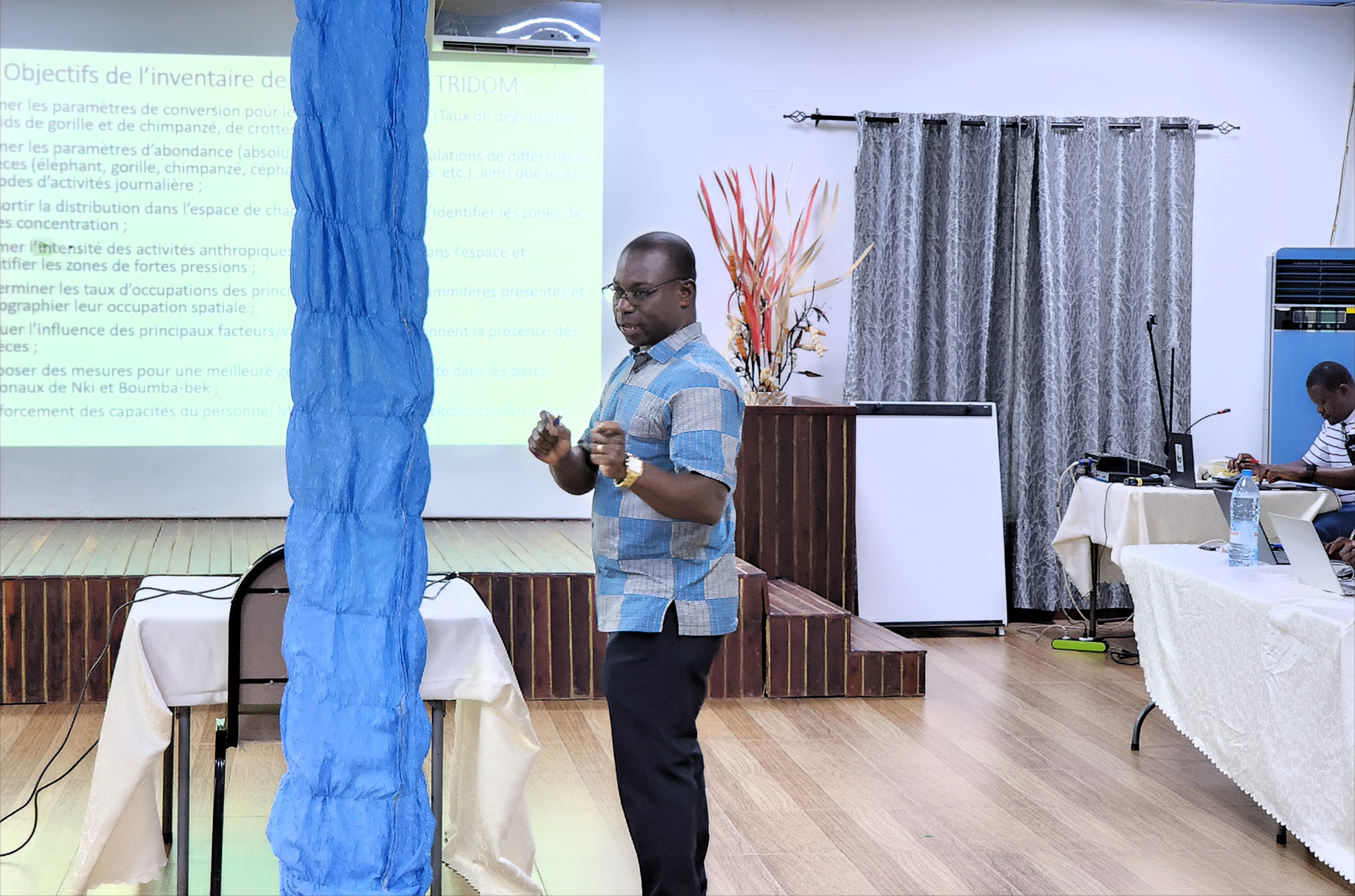

Stay informed with the latest stories, insights, and developments.
Support Us
World Wildlife Fund (WWF) researchers recently presented a comprehensive study on deforestation in the Congo Basin at the 60th Annual Meeting of The Association for Tropical Biology and Conservation in Kigali, Rwanda. The study, led by Dr. K. Paul N'Goran of WWF's Regional Office for Africa, offers crucial insights into forest cover changes across six Central African countries over three decades.
The study encompassed six countries: Cameroon, Central African Republic, Congo, Equatorial Guinea, Gabon, and the Democratic Republic of Congo. Utilizing advanced technologies such as Google Earth Engine and Landsat satellite imagery, the research team mapped and quantified changes in forest cover and human-modified areas over 30 years.
Dr. N'Goran emphasized the significance of this research for conservation efforts: "Our findings provide critical baseline data to support and assess global biodiversity targets, particularly the '30x30' objective of protecting 30% of Earth's land and sea areas by 2030."
The study underscores the effectiveness of protected areas in slowing deforestation rates, highlighting the need for expanded and well-managed conservation zones.
WWF researchers recommend further analyses using high-resolution imagery and the integration of carbon stock assessments to develop more effective resilience measures. They are also exploring the development of an automated web application to streamline ongoing monitoring efforts.
This groundbreaking research reinforces WWF's commitment to preserving the Congo Basin, the world's second-largest tropical forest and a vital resource in the fight against climate change.

International conference
WWF Presents Groundbreaking Congo Basin Deforestation Study at International Conference July 17, 2024